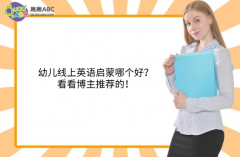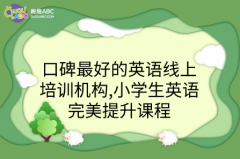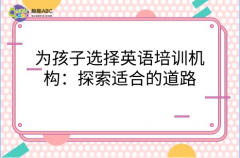1) 代词及be动词
主格 I we you you she/he/it they
宾格 me us you you her/him/it them
代词所有格 my our your your her/his/its their
名词性代词 mine ours yours yours hers/his/its theirs
be动词现在时 Am are are are is are
be动词过去时 was were were were was were

2) 名词的复数
规则变化的名词复数形式
规则1 一般情况+s e.g. shell→shells toy→toys
规则2 以s, x, ch, sh结尾+es e.g. fox→foxes church→churches
规则3 以o结尾+s或+es e.g. radio→radios potato→potatoes
规则4 以f, fe结尾的,变f, fe为ves e.g. life→lives half→halves
规则5 以辅音字母+y结尾, 变y为i+es e.g. sky→skies study→studies
3) 动词的第三人称单数形式
规则1 一般情况+s e.g. like-likes, look-looks
规则2 以s, x, ch, sh和o结尾+es e.g. do-does, catch-catches
规则3 以辅音字母+y结尾, 变y为i+es e.g. carry-carries, fly-flies
4) 动词现在分词
规则1 一般动词加-ing e.g. look-looking, read-reading, play-playing
规则2 以不发音的字母结尾的单词去e加-ing e.g. make-making, take-taking, arrive-arriving
规则3 重读闭音节词结尾, 即单词中只有一个元音字母,其后紧跟一个辅音字母的词,双写辅音字母再加-ing e. g. run-running, sit-sitting, get-getting, swim-swimming, stop-stopping
5) 动词过去式
规则动词变化
规则1 一般动词加-ed e.g. look-looked, watch-watched, play-played
规则2 以e结尾的加-d e.g. close-closed, arrive-arrived
规则3 以辅音字母y结尾的变y为i加-ed cry-cried, carry-carried
规则4 重读闭音节词结尾, 即单词中只有一个元音字母,其后紧跟一个辅音字母的词,双写辅音字母再加-ed stop-stopped
过去式的读音
在清辅音后面(除外)读/t/ e.g. walked, jumped
在浊辅音和元音后读/d/ e.g. washed, watched
在/t/,/d/后读/id/ e.g. waited, hated
6) 形容词和副词的比较级和高级
比较级
规则1 一般加-er e.g. high-higher
规则2 以e结尾加-r nice-nicer
规则3 以辅音字母加y结尾,变y为i再加-er busy-busier
规则4 重读闭音节结尾, 双写辅音字母再加-er fat-fatter
高级
规则1 一般加-est e.g. high-highest
规则2 以e结尾加-st nice-nicest
规则3 以辅音字母加y结尾,变y为i再加-est busy-busiest
规则4 重读闭音节结尾, 双写辅音字母再加--est fat-fattest
7) 常见缩写:
is='s I am=I'm are='re
is not=isn't /iznt/ are not=aren't /a:nt/
do not=don't
does not=doesn't
was='s
did not=didn't
can not=can't
have='ve
has='s
have not=haven't
has not=hasn't
will='ll
will not=won't
shall not=shan't

 400-009-0512
400-009-0512





 微信服务号
微信服务号 微信服务号
微信服务号